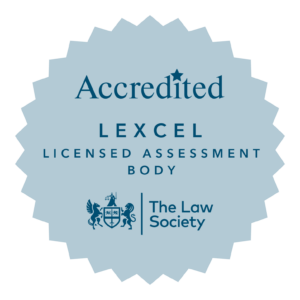The father, Z, issued an application pursuant to the Hague Convention for return of his 13 year old daughter A to the country referred to as X, where A had always lived save for a brief period spent in the UK in 2003.
The parents had booked flights to the UK for a holiday together in the summer but the parents had separated shortly before. The mother, Y, had then changed the flight tickets to an earlier date and brought A to the UK, with the intention of remaining permanently, without informing Z.
Y sought to defend the application on the basis of: i) Z not having custody rights in respect of A, or else that he was not exercising them at the time of removal from X; ii) that the child objected to a return to X; and iii) that a return to X would pose a grave risk of harm to A or place her in an intolerable situation.
An expert on the law in X was instructed to comment on rights of custody in that country, and on the basis of that report Y subsequently accepted that Z did have rights of custody for A and withdrew the assertion that they were not being exercised.
A Cafcass Officer was appointed to provide a report on A’s views in respect of a return to X and concluded that she was expressing objections to returning to X. In light of the report and the Cafcass Officer’s evidence, the Judge expressed a wish to meet with A and a transcript was obtained of the meeting.
The Judge accepted submissions made on behalf of Z that she was entitled to take into account what had been said by A during the meeting as she was in effect hearing her representations and, as such, it was permissible for the Judge to ask A to expand and to explain the views she put forward.
Dismissing the defences put forward by Y, the Judge accepted that A was objecting to a return and that she was of an age and degree of maturity when it is appropriate to take account of her views. However, she concluded that the Cafcass Officer had not subjected what A said to the necessary degree of analysis. The Judge expressed the view that, although A expressed her views with maturity, she was unable to put forward any rational basis for them. The Judge found that
In respect of grave risk of harm to A, the Judge did not accept that the undertakings provided by Z were such that it would create a grave risk to A. Further, the Judge did not accept that the evidence given by the Cafcass Office, including her concern that a “forceful return” of A would not help her relationship with her father, amounted to a defence of grave risk of harm to A.
The Judge went on to say that, even if a defence of grave risk of harm were established, she would exercise her discretion to order that A should return to X, noting that “it is in her interests to return to her home, her environment, her school, and to a place where she may be able to restore her relationship with her father.”
An order was therefore made for return of the child to X.
The Judge further refused Y’s request to suspend the return order to permit her to apply for leave to remove A from X, while she and A remained in the UK.
Jacqui Cox
3 February 2014


